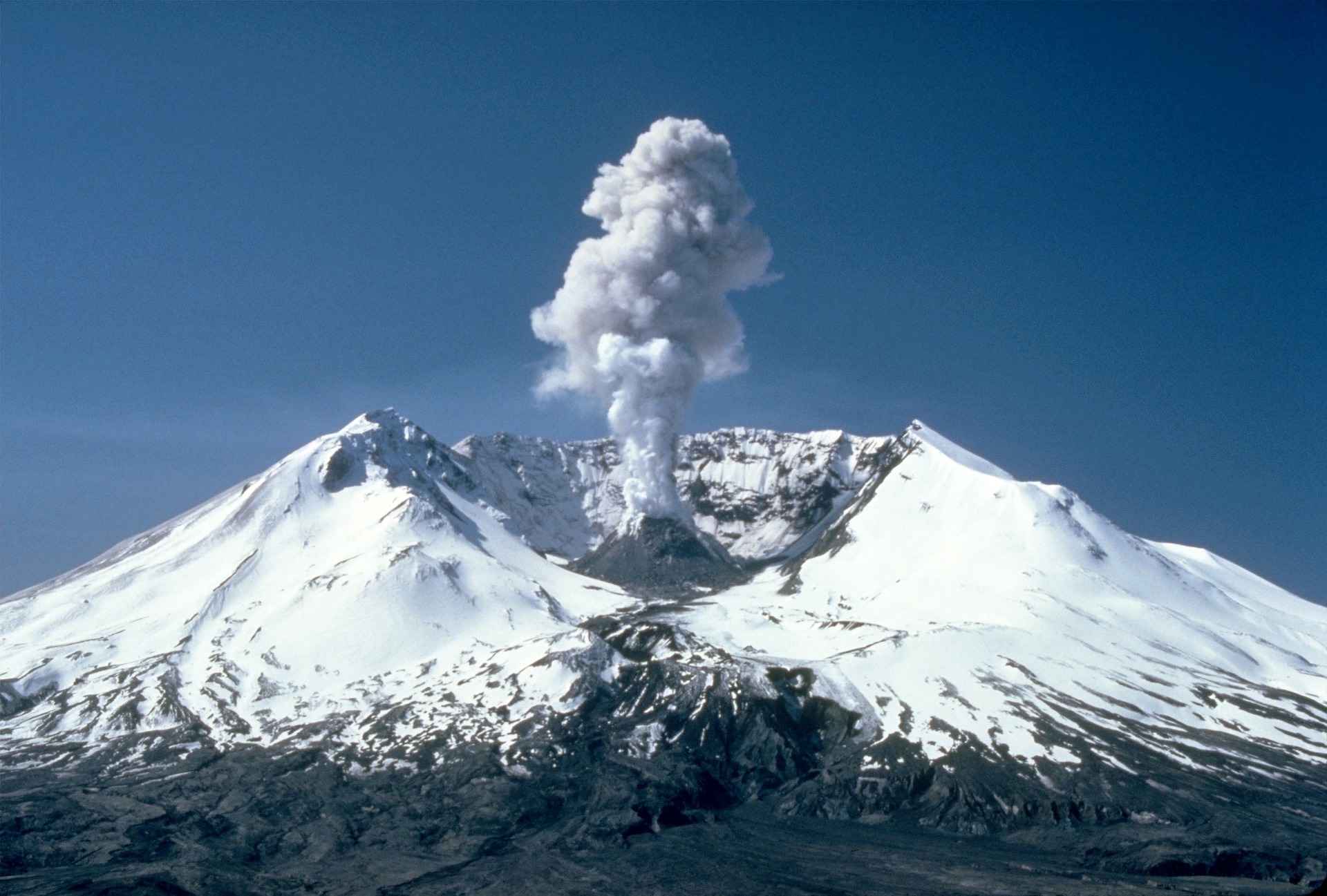Natural Disasters

Whilst none of us wish to experience the disruptions, stress & uncertainty that accompany natural disasters, they can occur at any time, any where, without warning! Natural disasters include severe storms, tropical cyclones, floods, earthquakes, landslides, volcanoes, and tsunamis. The best thing you can do is to be prepared & to have a plan.
Before leaving home
- Arrange travel insurance that includes both cancellation and medical emergency cover.
- Read through the Australian Government Smarttraveller website: http://smartraveller.gov.au/.
- Know the phone numbers of your travel agent, travel insurance provider, relatives or others who can monitor things and assist you from afar if necessary.
- Make sure you have a signed, valid passport, and a visa, if required, and fill in the emergency information page of your passport. Scan or photocopy all travel documents, including your passport, visas, eTickets & vouchers.
- Leave copies of your itinerary, passport data page and visas with family or friends.
- Pack a flashlight
Whilst travelling
- Stay informed. Watch the news, read the paper, and be aware of local communication channels.
- Know how to make an international call from your location from both you mobile and from the hotel room or pay phone.
- Familiarise yourself with local conditions and laws.
If something happens
Get in touch with the authorities
- Go the Australian Embassy or Consulate as soon as possible. Here you will find food & shelter, or assistance to get back home unless it’s been damaged during the disaster.
- If you can’t get to the embassy or it’s been destroyed, find local law enforcement, medical personnel or Red Cross personnel to seek instructions on where to go.
Stay connected
- Don’t be surprised if your mobile phone, Internet and telephone communications are disrupted.
- Remember that texts often work when voice calls don’t.
- Preserve your mobile device batteries!! Turn it off, or turn disable all apps & location services that might be using up the battery.
- Sometimes turning off the phone & turning it back on again after a few minutes will give you enough battery time to send a text!
Remain calm
- If you’re in your hotel and the area is safe, then stay there! If it isn’t safe, take a small bag of important items (passports, documents, credit card, change of clothes) and get out immediately!
- If you’re out on the street, go someplace safe and away from the immediate danger.
Be prepared
- During a blackout, only use a flashlight for emergency lighting.
- Be aware that roads & different routes may be blocked by debris or subject to closure by the authorities without notice.
- Reconfirm your flight as airports may have been affected and might still be closed.
Getting home
Once the authorities have reopened airports and roads it will be time for evacuation, depending upon how badly affected the region has been.
Always heed advice from local authorities and the Australian consulate / embassy. The airlines and other tour companies will typically be working with the authorities on the best way to get everyone home or to safety.
You may be advised to depart via specific routes that take you completely out of your way. This is no doubt for your own safety & security. Do not go against advice nor do your own thing!
Remain calm and follow instructions.